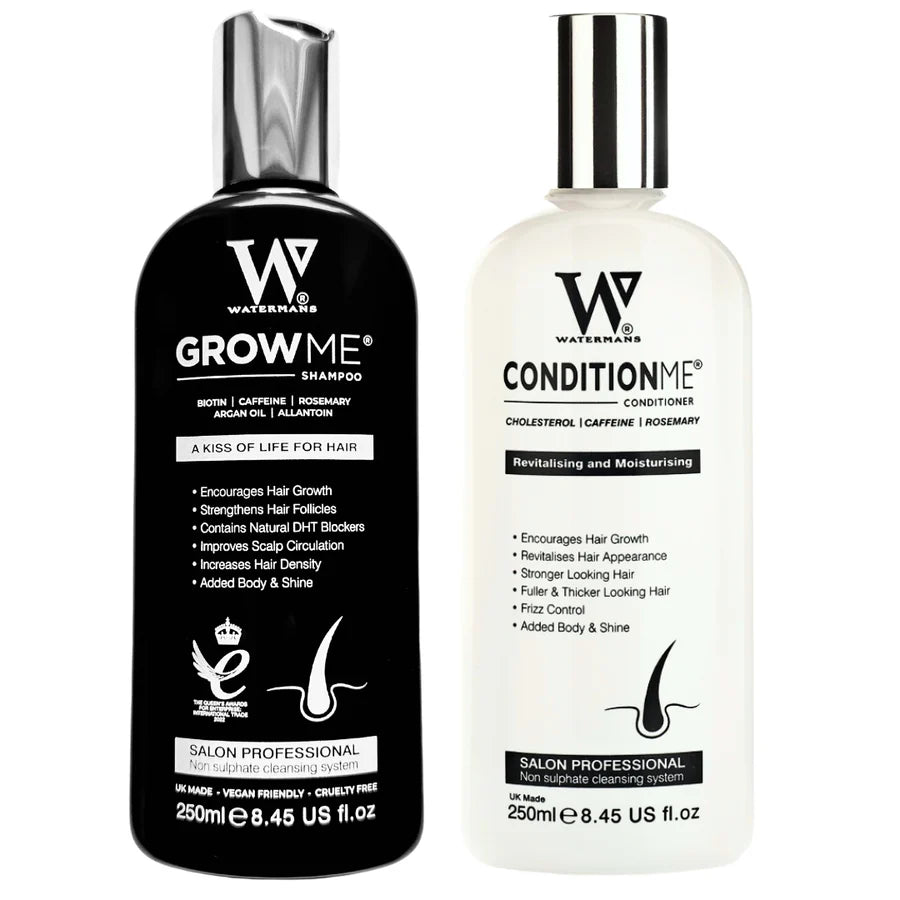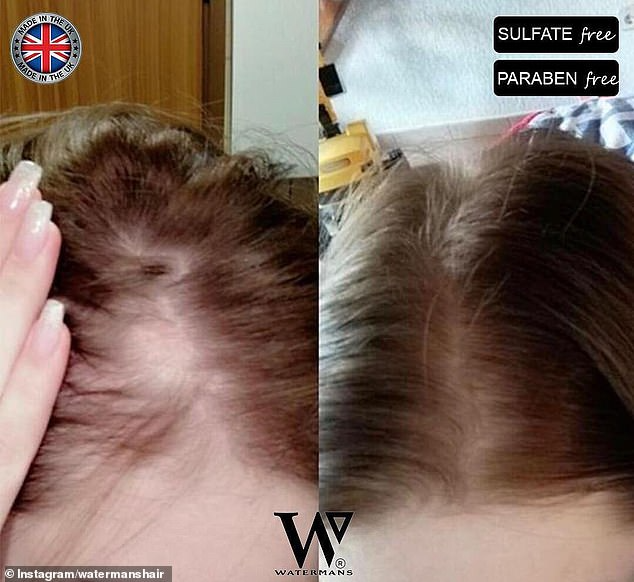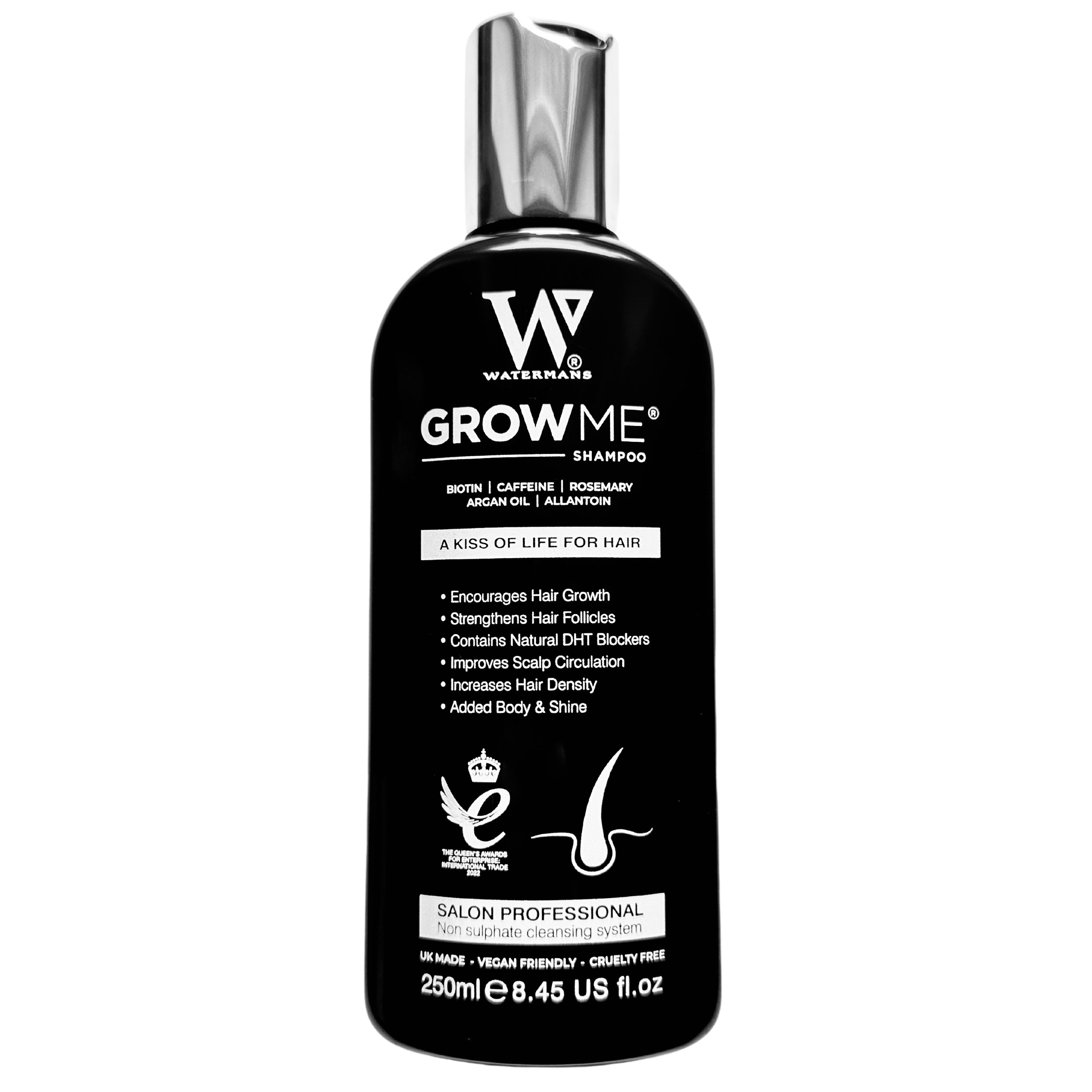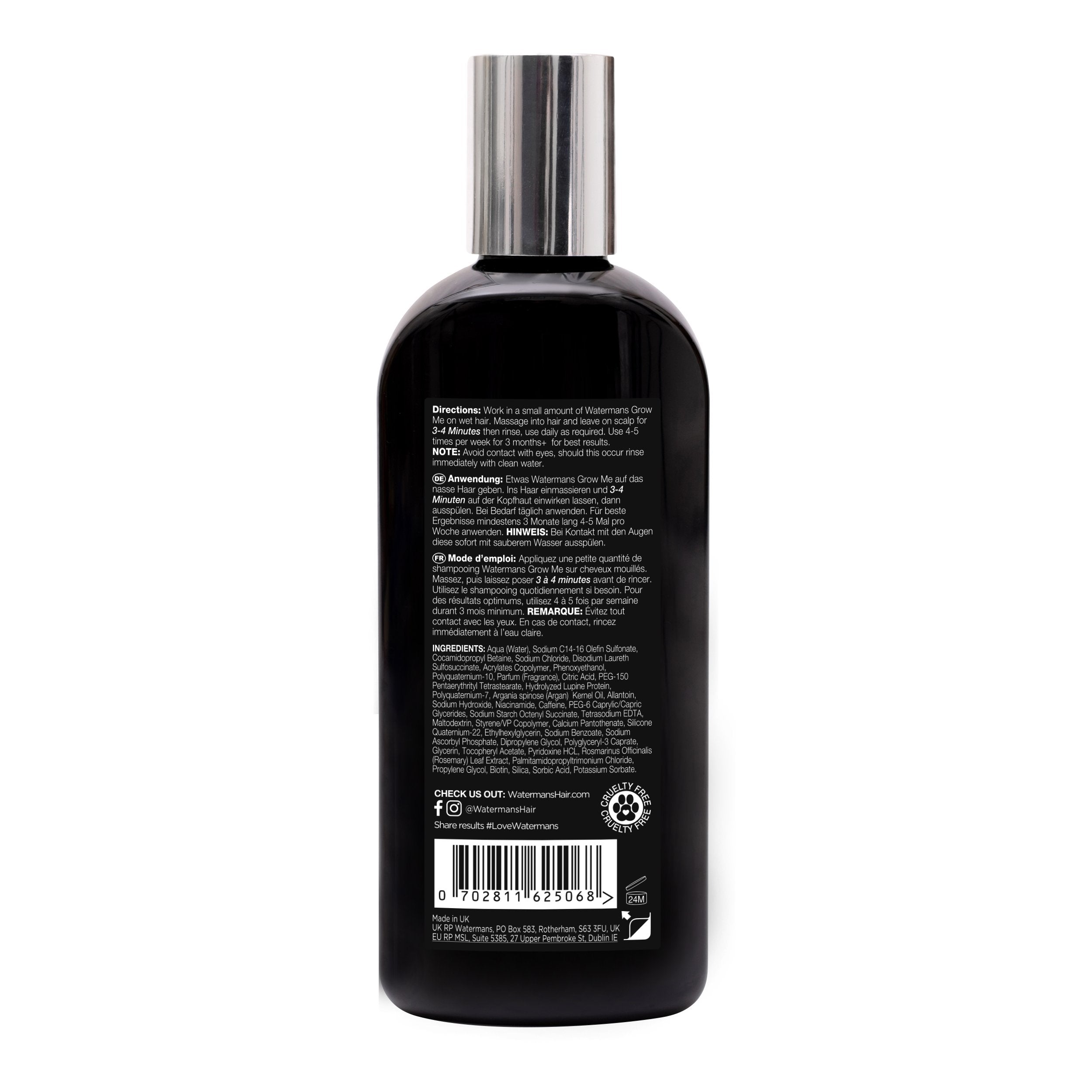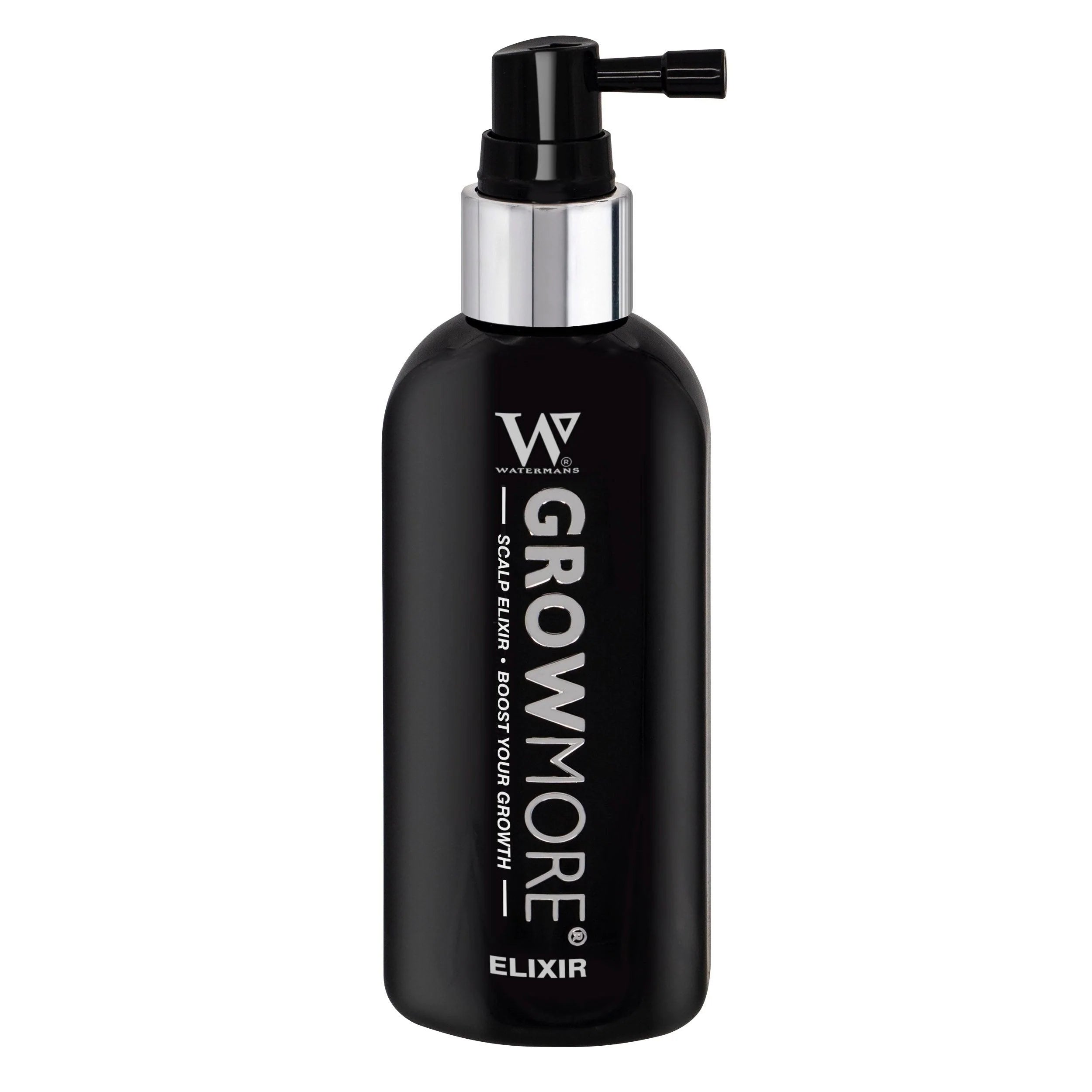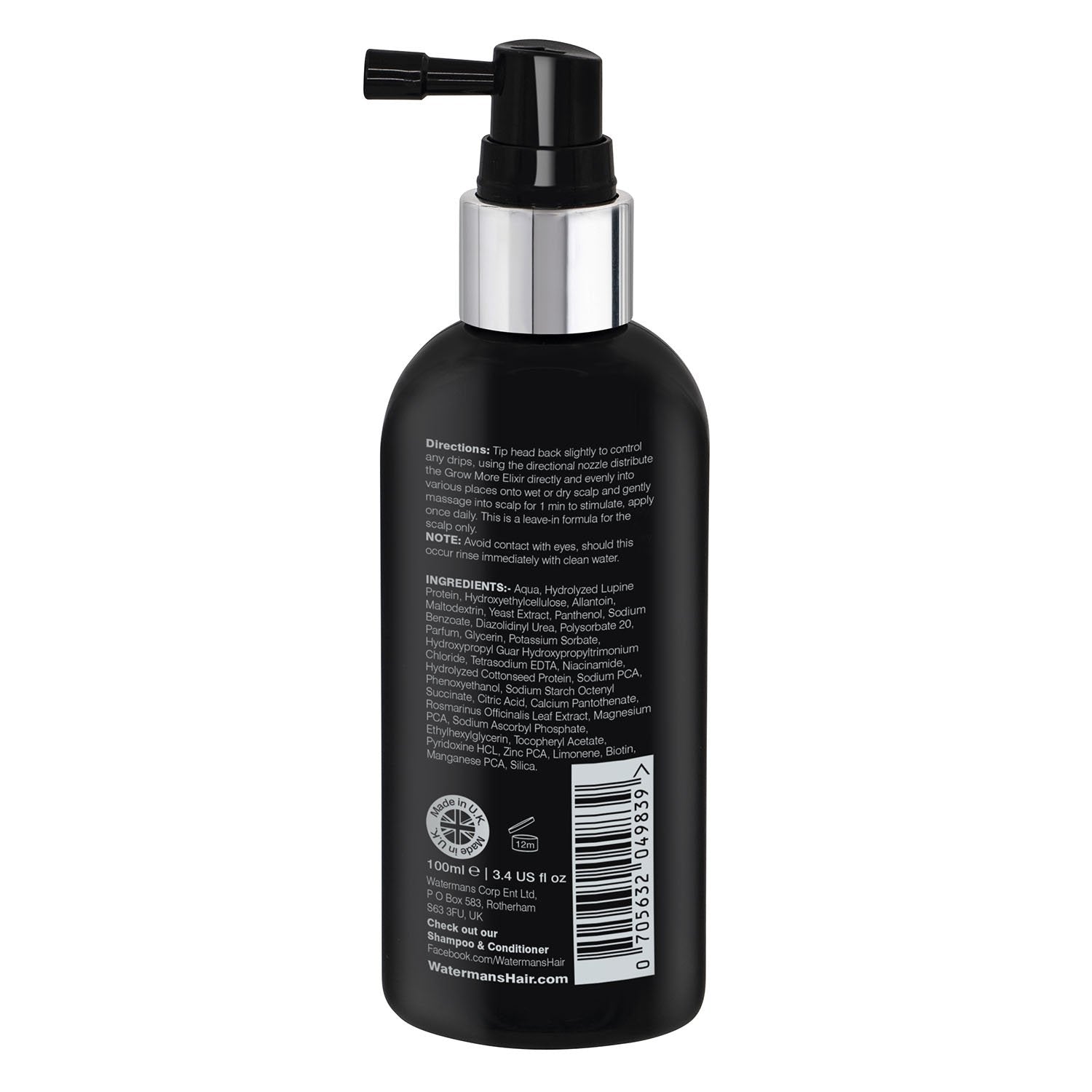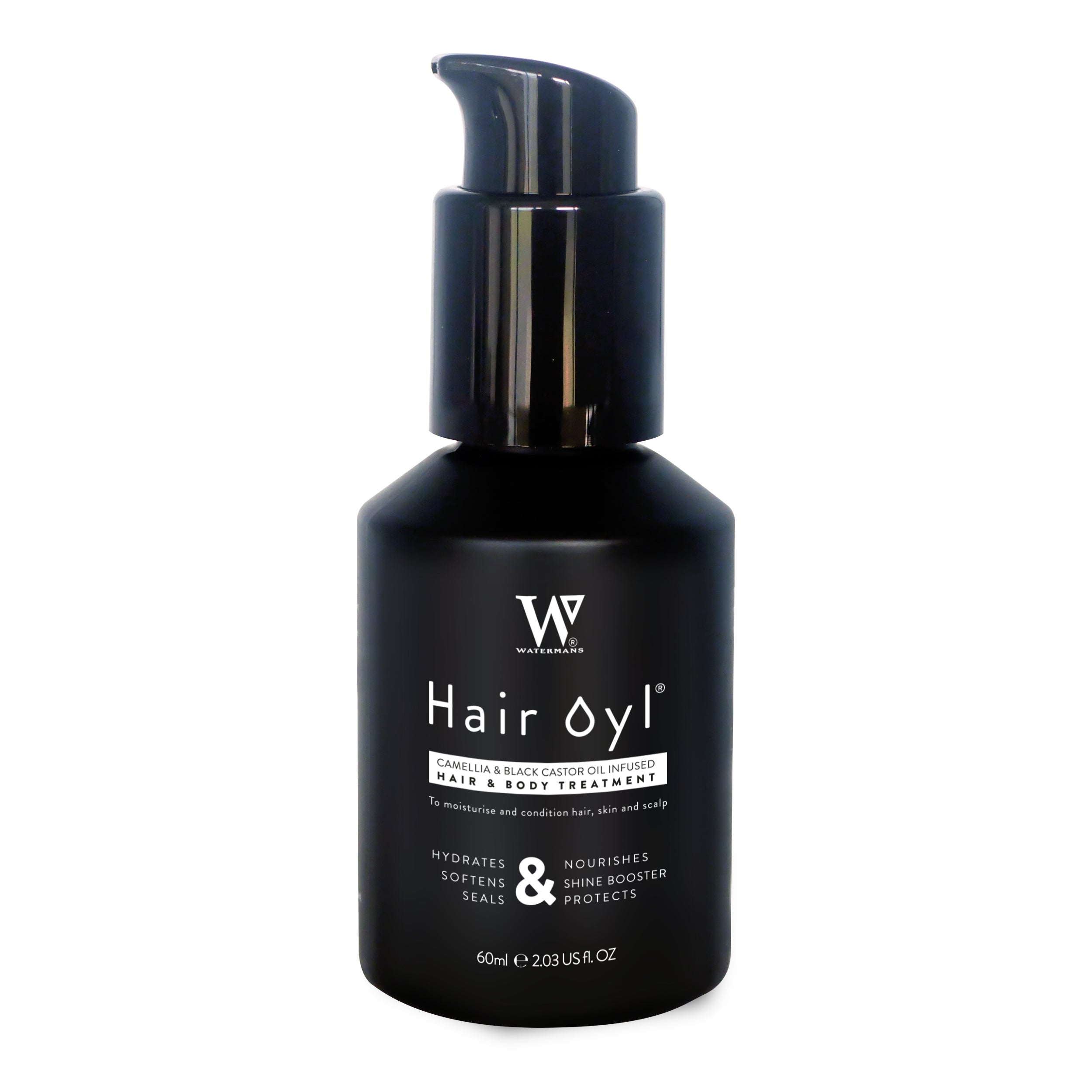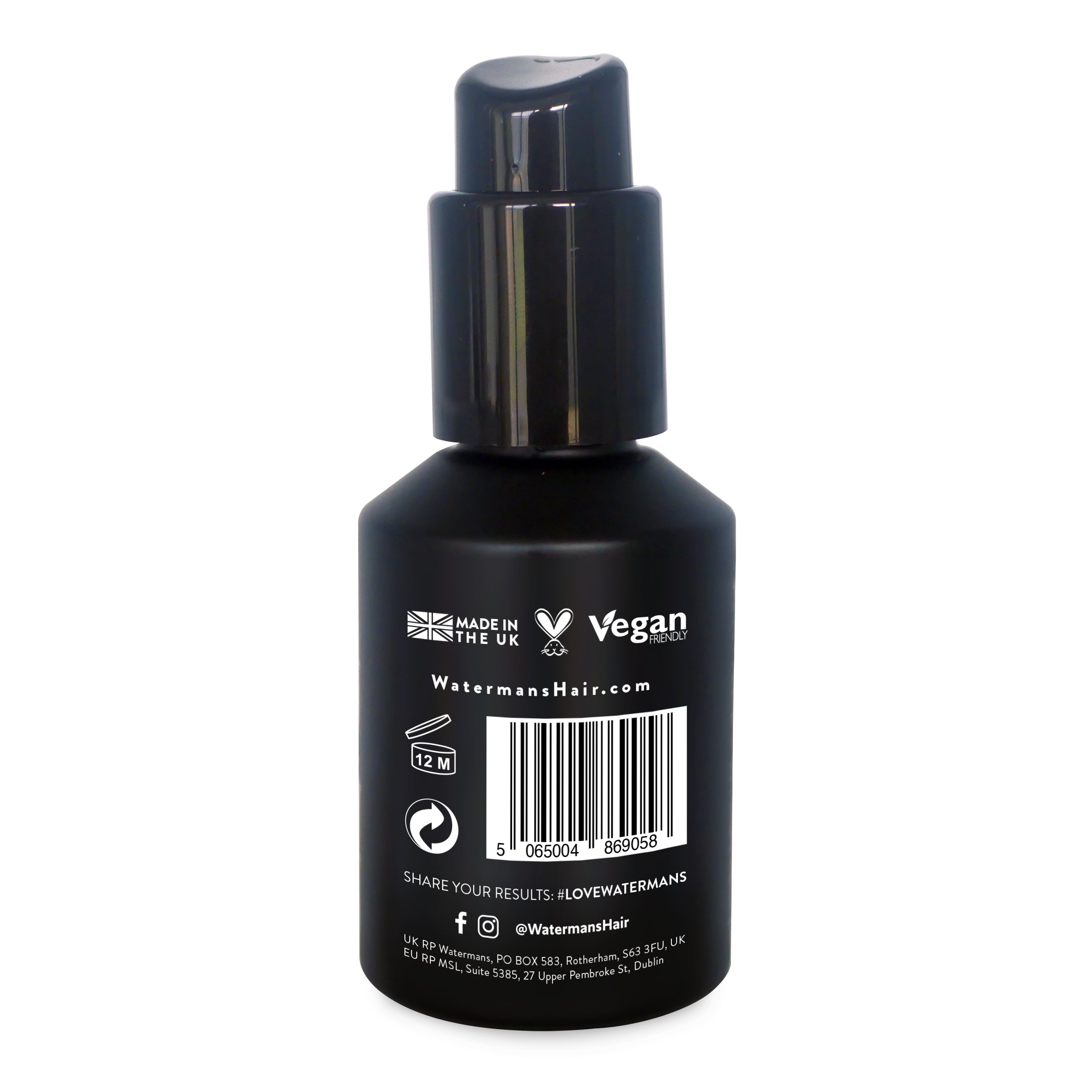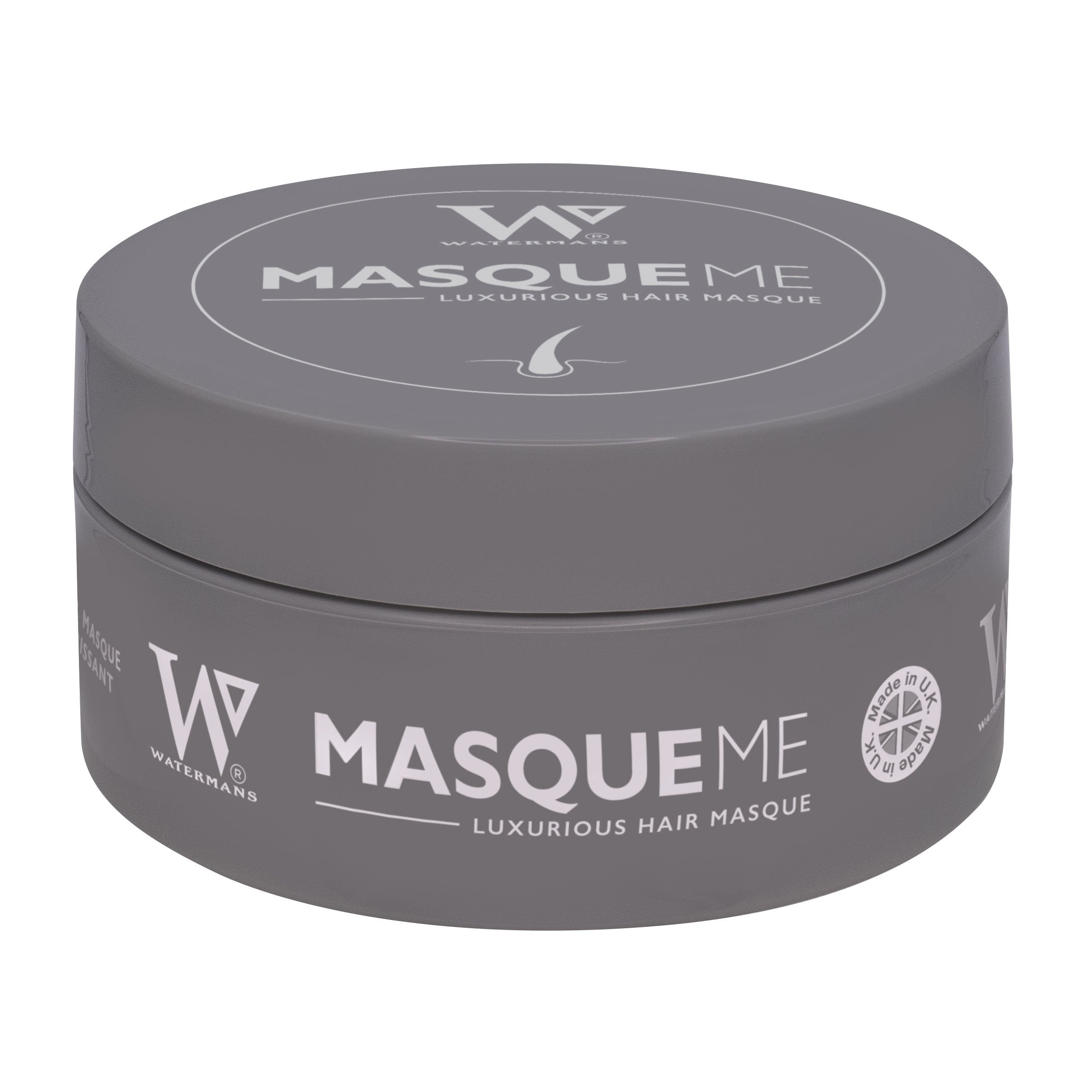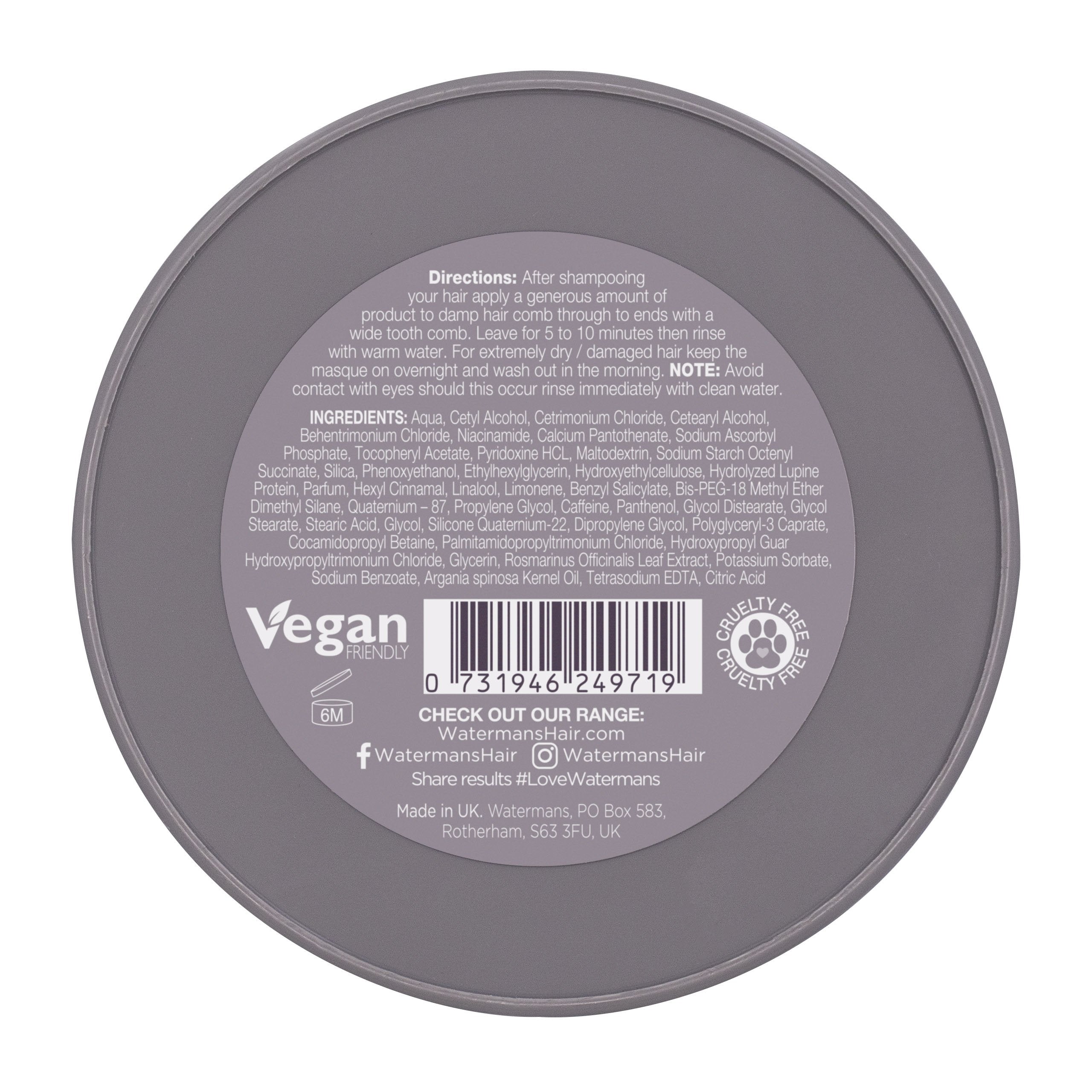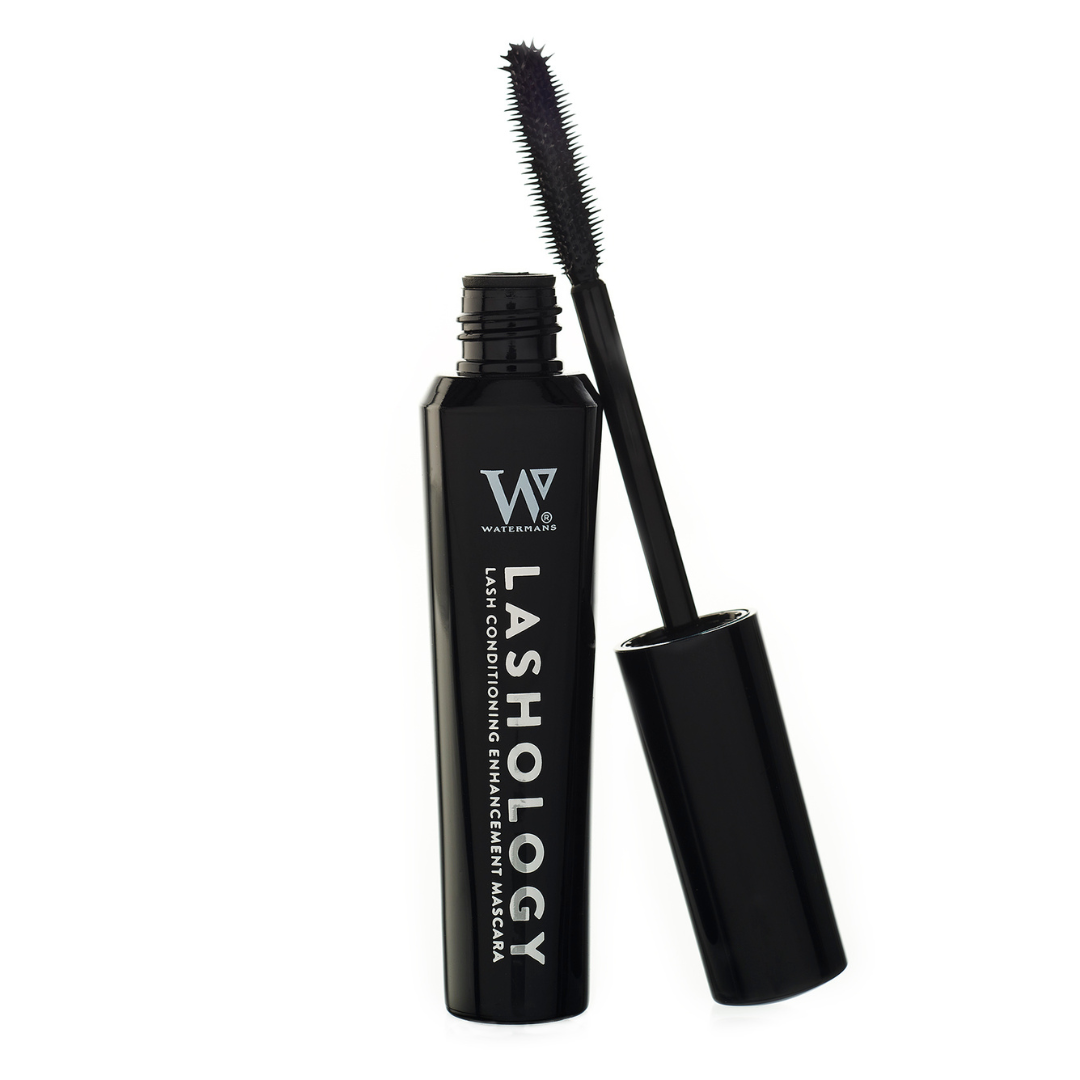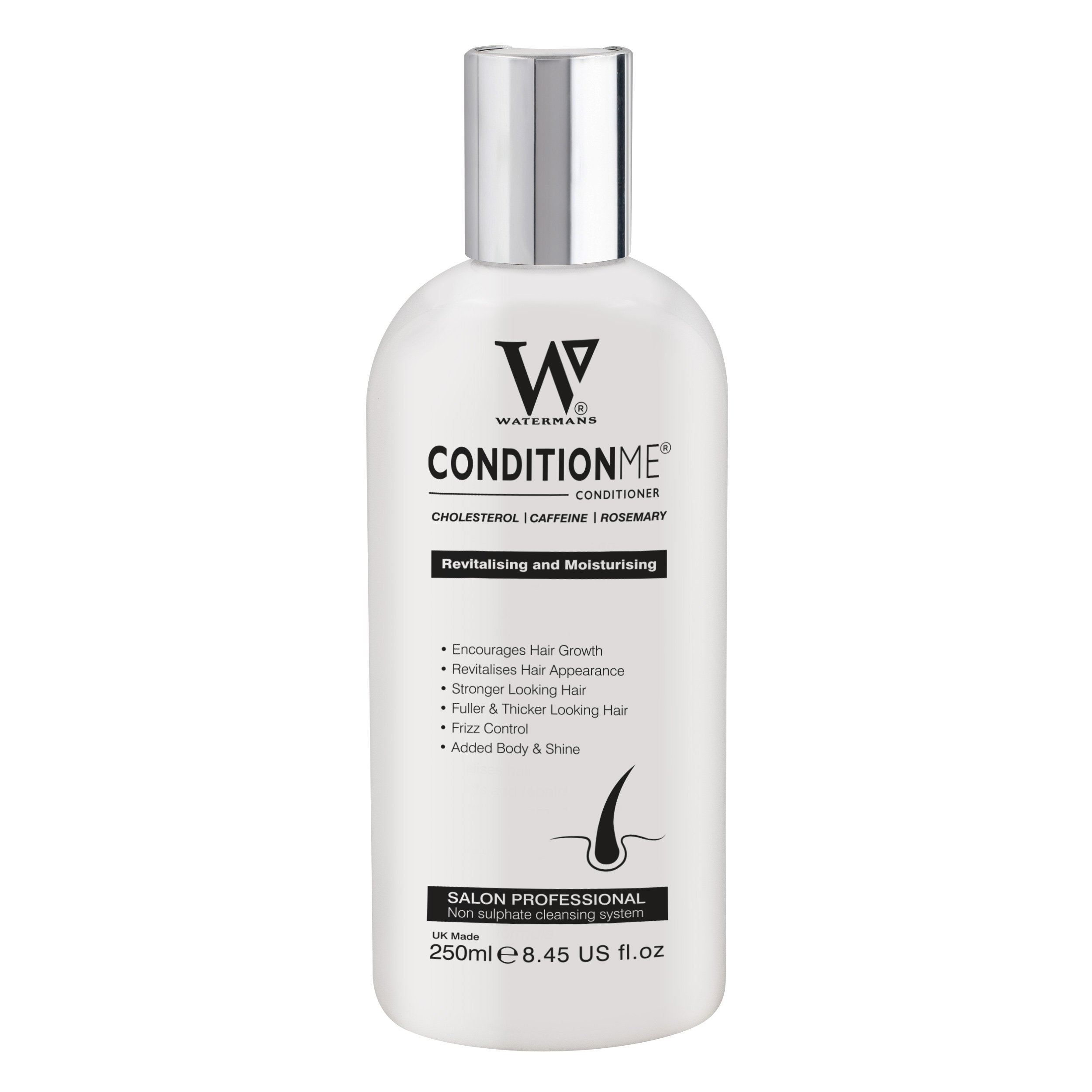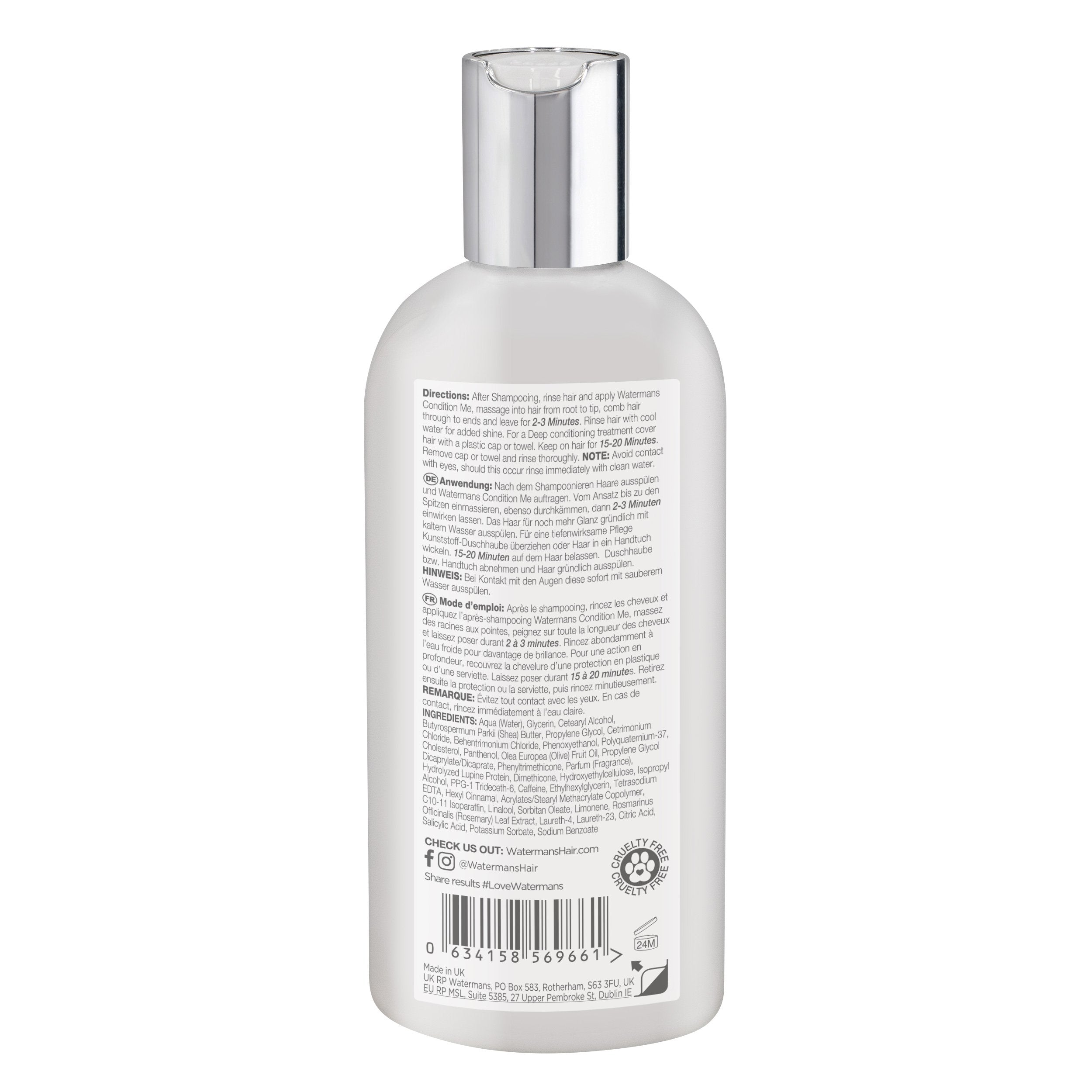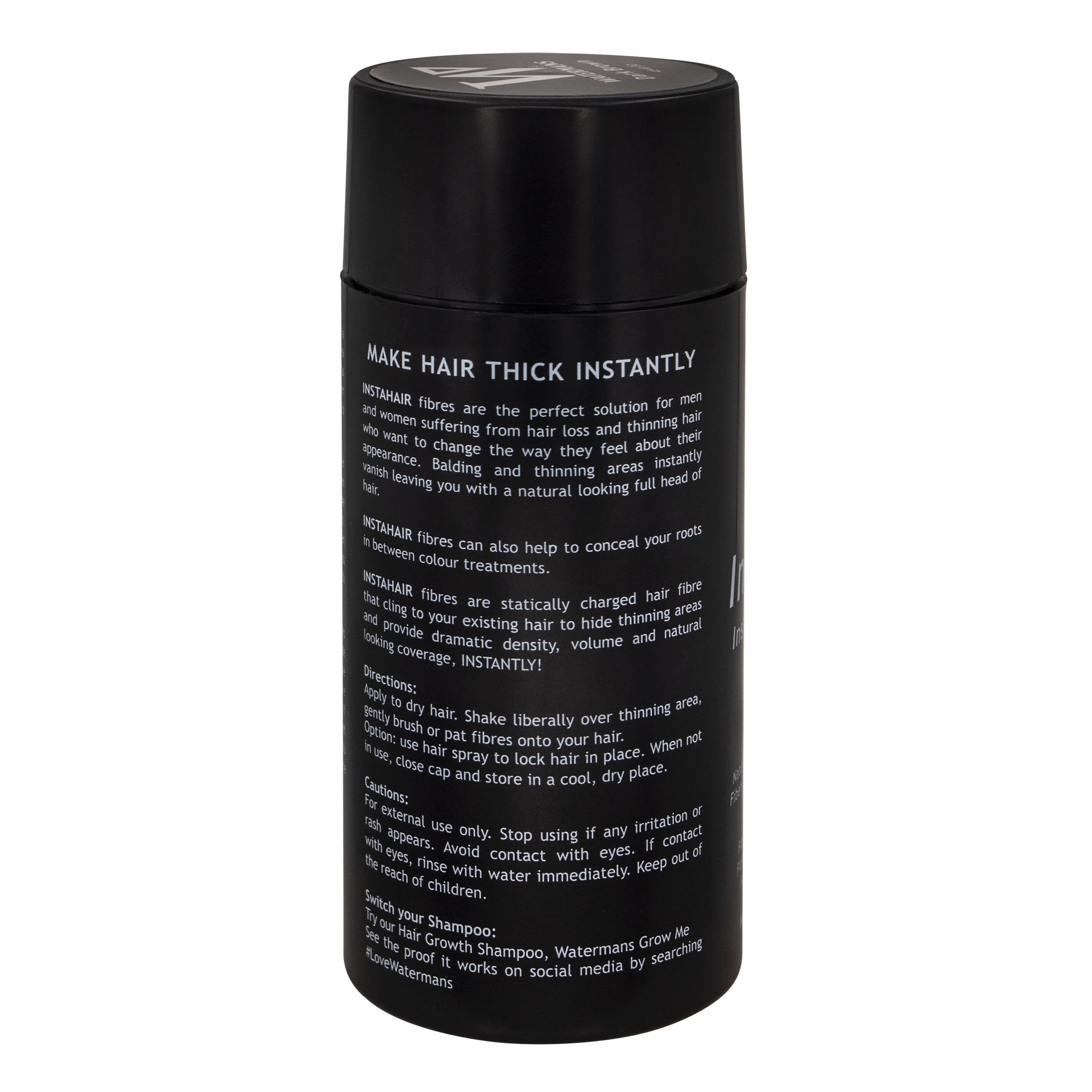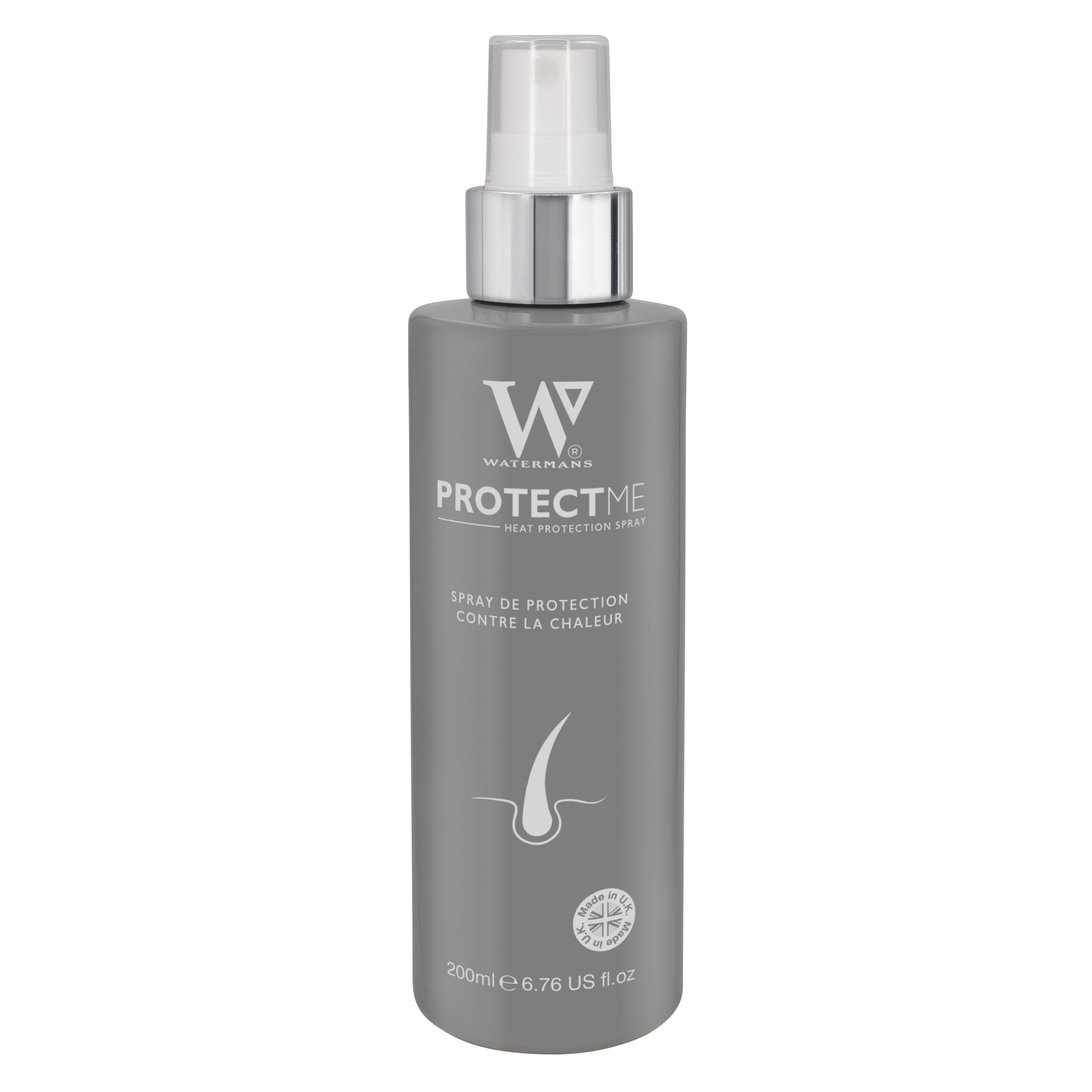
Do you worry about hair loss or scalp health? If you live near Mesa and need help, reach out to a trichologist. Trichologists care for hair and scalp. They guide you and fix many hair problems. This text shows what trichology is, its role, and how to find a trichologist near you.
What is Trichology?
Trichology is the study of hair and scalp. It looks at problems that slow hair growth or cause loss. A trichologist learns how hair grows and what affects it. They check factors like medical issues, poor diet, stress, and the air that may harm your hair.
Why It's Important?
Your hair and scalp often show clues about your health. Problems such as dermatitis, alopecia, or fungal infections can harm your scalp and cause hair loss. A trained trichologist can help you fix these matters.
How Trichologists Help with Hair and Scalp Disorders
Trichologists use tests and close checks to learn about your hair. They work with you in the following ways:
- They check your hair and scalp carefully.
- They plan care that fits your hair needs.
- They advise you on diet that may boost hair growth.
- They pick hair products that work best for you.
If you see your hair thin or feel scalp pain, meet a local trichologist.
How to Find Top Trichologists Near Mesa
1. Online Research
Use search sites to find top trichologists in Mesa. Check for:
- Star ratings and words from clients on sites like Google or Yelp.
- Proper licenses and special skills.
- The help they give.
2. Consultations
Set up meetings with a trichologist. This is the time to:
- Ask about their work and school background.
- Learn about their way of treating hair problems.
- Share any worries about your hair or scalp.
3. Referrals
Ask friends, family, or your doctor for names. A word from someone you trust can help you choose well.
4. Check Group Ties
See if they join known groups. This link shows a wish to learn and follow new ways of care.
5. Evaluate Treatment Options
Look at the results and methods they use. It is key to choose a trichologist who keeps up with new hair care methods.
Popular Treatments by Trichologists
1. Scalp Treatments
Trichologists do many treatments to care for the scalp. They may use:
- Scalp cleaning methods
- Skin removal to clear dead skin and product residue
- Fixes for issues like seborrheic dermatitis or psoriasis
2. Hair Growth Treatments
Trichologists help your hair grow by using:
- Prescription medications
- Topical treatments that help hair grow back
- Tips for hair supplements like Biotin
3. Laser Therapy
Laser therapy is a well-known non-invasive method. It uses low-level lasers to wake up hair roots and boost blood flow to the scalp.
4. Personalized Hair Care Regimens
Many trichologists give advice that fits your hair type. This may include tips on the best shampoos and conditioners for you.
5. Nutritional Guidance
Food plays a big role in hair health. A trichologist may ask you to eat foods high in vitamins A, C, D, E, zinc, iron, and omega fatty acids to aid hair growth.
Why You Should Consider Watermans Grow Me Shampoo
When you see a trichologist, you can also try home care methods. One product drawing much notice is Watermans Grow Me Shampoo. Made with natural parts like Biotin, Rosemary, Caffeine, Niacinamide, and Argan Oil, it wakes up your scalp and thickens hair at the roots.
Using this shampoo may support your path toward better hair, and many experts use it as part of a care plan.
Did You Know?
Fun Facts about Hair and Scalp Health
- Hair Growth Rate: Hair grows about half an inch per month, nearly six inches in a year.
- Scalp Coverage: The human scalp holds about 100,000 hair roots, and most people lose 50-100 hairs per day.
- Unique Strands: Each person has hair with its own color, thickness, and feel, set by genes.
- Hydration is Key: Your scalp needs water as much as the rest of you. Lack of water can leave hair and scalp dry.
- Stress Effects: Stress may slow hair growth because it changes your hormones. It is wise to keep stress low for good hair.
Frequently Asked Questions
Q1: What should I look for in a trichologist?
A: Look for proper school training, work experience, the help they provide, and kind words from clients.
Q2: How can I tell if I need to see a trichologist?
A: If you see steady hair loss, scalp pain, or any unusual hair changes, it is smart to get help.
Q3: How often should I see a trichologist?
A: The time may change by need. They may ask you to come every 4-6 weeks to stay on track.
Q4: Can you treat hair loss at home?
A: Some home care can work, but a trichologist can target the root cause more clearly.
Q5: What products should I use for hair health?
A: Choose shampoos and conditioners with pure parts like Biotin, Aloe Vera, and Tea Tree Oil. You might also try Watermans Grow Me Shampoo for extra care.
Q6: Does diet affect the health of my hair?
A: Yes. A balanced diet with the right vitamins and minerals helps make hair strong.
Q7: Is it normal to lose hair daily?
A: Yes. It is normal to lose 50-100 hairs a day as part of the hair growth cycle.
Q8: Can stress lead to hair loss?
A: Yes, stress can cause hair to thin or fall out because it changes hormones.
Q9: Are trichology treatments safe?
A: Yes, most methods from trained trichologists are safe when done right and fit your needs.
Follow these steps and find a local trichologist to care for your hair and scalp. Keep your hair care routine strong with products like Watermans Grow Me Shampoo for the best care!


